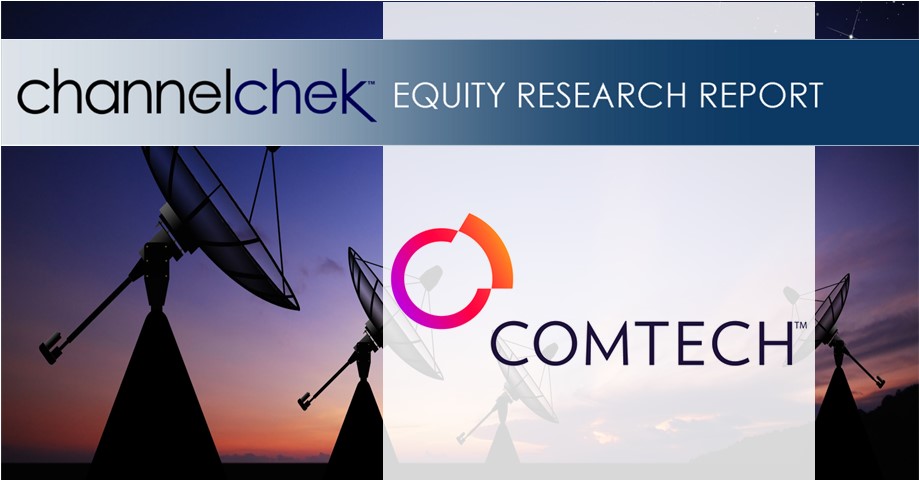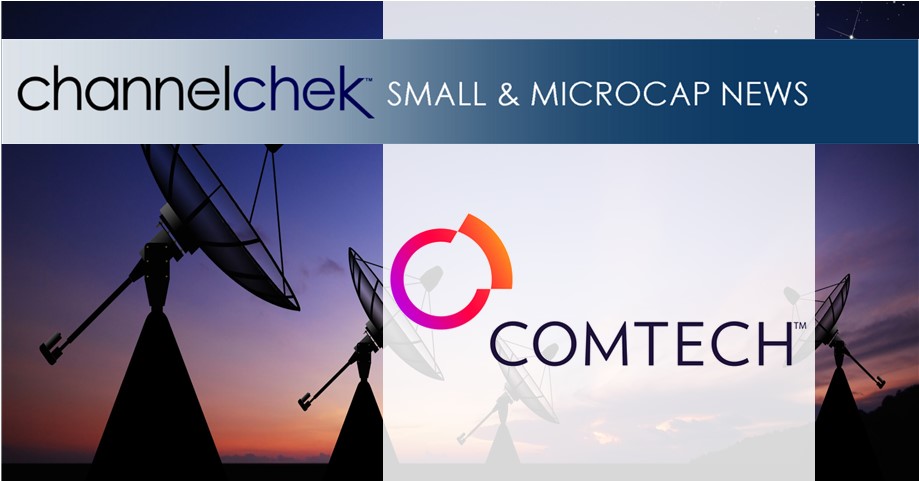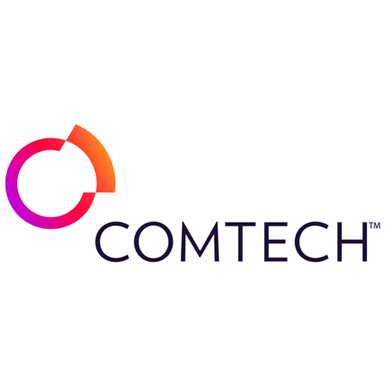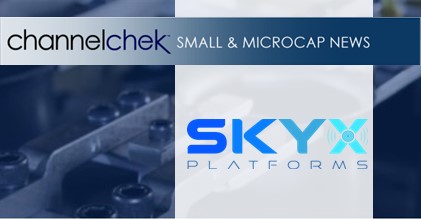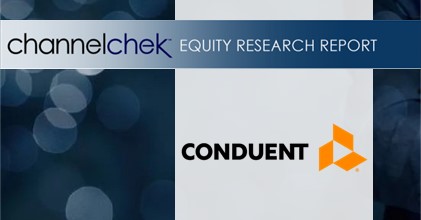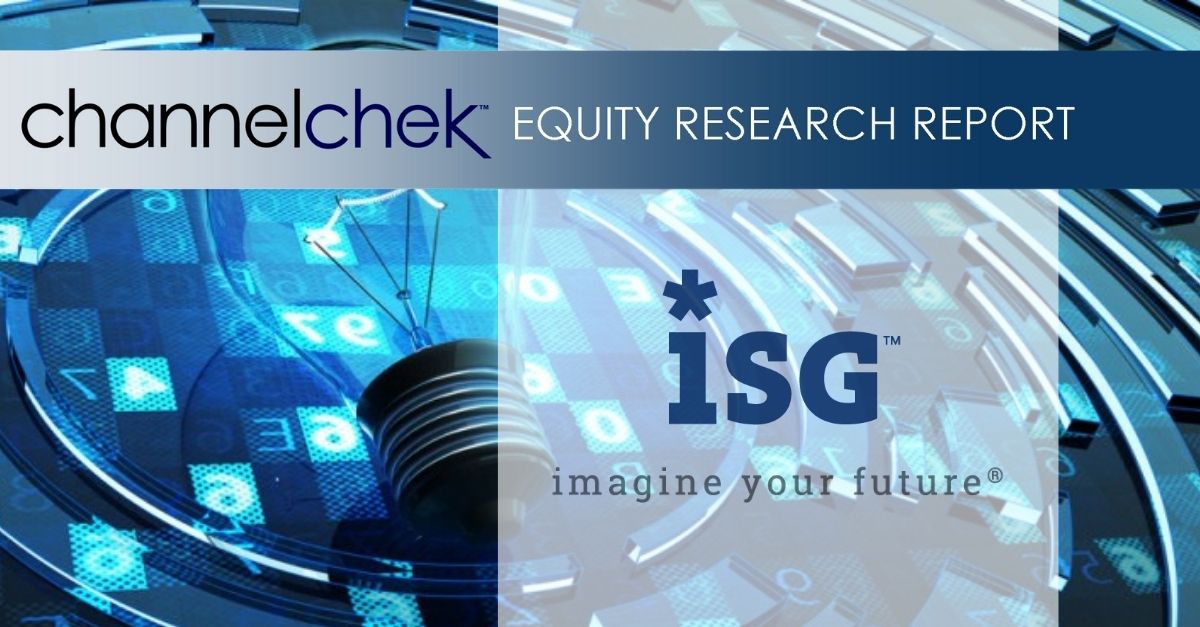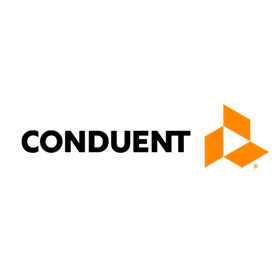Research News and Market Data on CMTL
CHANDLER, Ariz. – January 13, 2025– Comtech Telecommunications Corp. (NASDAQ: CMTL) (“Comtech” or the “Company”), a global communications technology leader, today reported financial results for its first fiscal quarter ended October 31, 2024. In addition, Comtech separately announced today that its Board of Directors (the “Board”) has named Ken Traub as President and Chief Executive Officer, effective immediately, in addition to his current role as Chairman, and that the Board and management team are undertaking a series of prompt and decisive actions to address the Company’s current challenges and build a stronger company for long-term. That press release can be found on the Company’s investor relations website.
Consolidated Financial Results
- Net sales of $115.8 million;
- Net bookings of $127.9 million, representing a book-to-bill ratio of 1.10x;
- Gross margin of 12.5%;
- Operating loss of $129.2 million, net loss of $148.4 million and Adjusted EBITDA loss (a Non-GAAP measure) of $19.4 million;
- Funded backlog of $811.0 million; and
- Revenue visibility of approximately $1.6 billion.
Business Highlights
- Awarded a sole source contract valued at over $50.0 million by the U.S. Navy Information Warfare Systems Command;
- Awarded a contract renewal valued at over $30.0 million for critical enhanced 911 call routing services for one of the largest U.S. wireless carriers;
- Awarded a large, multi-year location-based services maintenance and support contract valued at over $19.0 million for one of the largest U.S. wireless carriers;
- Launched a new Digital Common Ground (“DCG”) portfolio of modems for U.S. government and commercial customers; and
- Subsequent to quarter end, appointed Daniel Gizinski as President of the Satellite & Space Communications (“S&S”) segment, adding deep leadership expertise in satellite communications engineering, operations and product strategy.
Mr. Traub commented, “While Comtech’s recent historical performance has been unsatisfactory, the Company has great assets, including its people, technologies, reputation, customers and relationships. Since I joined the Company as Executive Chairman about six weeks ago, I have learned a lot, which gives me confidence that we can overcome the challenges and create new opportunities to strengthen the business and drive value. We are implementing a comprehensive set of initiatives to better position Comtech for the future including improving operational discipline, streamlining operations, supporting profitable growth initiatives, undertaking a broad review of strategic alternatives and strengthening the capital structure. I am honored to expand my role as President and CEO today, and look forward to leading the Company into a stronger and brighter future.”
Consolidated Results Commentary
Consolidated net sales of $115.8 million in the first fiscal quarter declined 23.8% compared to the prior year period, primarily due to the performance of the S&S segment and partially offset by growth in the Terrestrial & Wireless Networks (“T&W”) segment.
Consolidated net bookings were $127.9 million in the first fiscal quarter, a decrease of 31.1% compared to the prior year period. The book-to-bill ratio in the quarter was 1.10x, as compared to 1.22x in the prior year period. This was driven by several large awards in the prior year period, including funding from the U.S. Army related to the GFSR and EDIM contracts and an order from an international customer and reseller of the Company’s troposcatter solutions.
The first fiscal quarter results also reflect Comtech’s prior decisions to divest of its high-power solid-state amplifier (“PST”) and steerable antenna (“CGC”) product lines in fiscal 2024.
Gross profit was $14.5 million, or 12.5% of consolidated net sales, as compared to $47.9 million, or 31.5% of consolidated net sales, in the prior year period. This was driven by a large, high-margin troposcatter sale in the prior year period; higher-than-expected costs at completion for certain nonrecurring engineering-related projects in the satellite ground infrastructure product line; and late delivery penalties related to an international MTTS troposcatter solutions order. Gross profit in the more recent period was also impacted by a non-cash charge of $11.4 million related to the write-down of certain inventories in the S&S segment resulting from the Company’s review of its product portfolio, which is expected to improve the Company’s profitability in future periods.
Operating loss in the first fiscal quarter was $129.2 million, as compared to operating income of $2.1 million for the prior year period, and net loss in the first fiscal quarter was $148.4 million, as compared to $1.4 million in the prior year period. This was primarily due to a non-cash goodwill impairment charge of $79.6 million in the S&S segment; $17.9 million of restructuring costs (including the aforementioned inventory write down); and a non-cash charge of $17.4 million to fully reserve for an unbilled receivable contract asset related to an international customer and reseller of the Company’s troposcatter solutions, among other things.
Adjusted EBITDA loss (a non-GAAP measure) was $19.4 million in the first fiscal quarter, compared to Adjusted EBITDA income of $18.4 million in the prior year period.
Backlog was $811.0 million as of October 31, 2024, compared to $798.9 million as of July 31, 2024.
Revenue visibility, measured as the sum of funded backlog and the total unfunded value of certain multi-year contracts, was approximately $1.6 billion at the end of the quarter.
Satellite and Space Communications Segment Commentary
Net sales in the S&S segment were $58.9 million in the first fiscal quarter, a decrease of 42.5% compared to the prior year period. This was driven by a decline in sales of troposcatter and SATCOM solutions; the impact of the PST divestiture completed in November 2023; and the impact of the CGC divestiture initiated in the fourth quarter of fiscal 2024. The decrease also reflects the impact of late delivery penalties related to an international MTTS troposcatter solutions order.
Net bookings in the S&S segment were $58.4 million in the first fiscal quarter, a decrease of 57.4% compared to the prior year period. The book-to-bill ratio in the quarter was 0.99x, as compared to 1.34x in the prior year period.
Key S&S contract awards and product launches during the first fiscal quarter included:
- Securing in excess of $16.0 million of funded orders from the U.S. Army calling for the supply of VSAT equipment and related services;
- Receiving more than $8.5 million in incremental funding related to the Company’s U.S. Army EDIM contract;
- Awarded over $6.0 million in funded orders from a new international customer for certain frequency-type power amplifiers;
- Awarded a production order, valued in excess of $5.0 million, by an existing customer deploying a new LEO constellation (deliveries are anticipated to begin in the mid-2025 timeframe);
- Awarded a sole source contract, valued in excess of $50.0 million, by the U.S. Navy Information Warfare Systems Command (the contract has a four-year period of performance, and funded orders received to date are valued at approximately $2.0 million);
- Awarded approximately $2.0 million in funded orders from a new international customer of the Company’s ELEVATE™ networking platform; and
- Launched the DCG platform, based on the proven success of the Company’s previous software-defined modem platforms.
S&S segment operating loss was $118.8 million in the first fiscal quarter, compared to operating income of $10.1 million in the prior year period, and net loss in the first fiscal quarter was $119.4 million, as compared to net income of $9.3 million for the prior year period. This was driven by a non-cash goodwill impairment charge of $79.6 million; a non-cash charge of $17.4 million to fully reserve for an unbilled receivable contract asset related to an international customer and reseller of the Company’s troposcatter solutions; $13.8 million of restructuring costs (including the aforementioned non-cash charge related to inventory write-downs); $3.0 million of amortization of intangibles; and lower net sales and gross profit in this segment.
Adjusted EBITDA loss in the S&S segment was $21.1 million in the first fiscal quarter, compared to Adjusted EBITDA of $15.1 million in the prior year period, driven by significantly lower net sales and gross profit, and higher selling, general and administrative expenses (due to the aforementioned $17.4 million non-cash charge related to an allowance for doubtful account), offset in part by lower research and development expenses.
At quarter end, the S&S segment had $278.4 million in funded backlog.
Subsequent to quarter end, Daniel Gizinski was appointed as President of the S&S segment, bringing to Comtech over 15 years of experience in satellite communications engineering, operations, product strategy and executive management. He oversees all aspects of this segment, including product development, operations and market expansion.
Terrestrial & Wireless Networks Segment Commentary
Net sales in the T&W segment were $56.9 million in the first fiscal quarter, an increase of 14.9% as compared to the prior year. This growth was driven by higher net sales of call handling and Next Generation 911 (“NG-911”) services, partially offset by lower net sales of location-based solutions.
Net bookings in the T&W segment were $69.4 million in the first fiscal quarter, an increase of 43.4% compared to the prior year period. The book-to-bill ratio in the quarter was 1.22x, as compared to 0.98x in the prior year period.
Key T&W contract wins and renewals during the first fiscal quarter included:
- Awarded a contract renewal by one of the largest U.S. wireless carriers, valued in excess of $30.0 million, for critical enhanced 911 call routing services;
- Awarded a large, multi-year contract, valued at over $19.0 million, for location-based maintenance and support services for one of the largest U.S. wireless carriers;
- Awarded a contract by a municipality located in British Columbia, Canada, valued at more than $2.0 million, for an NG-911 Guardian call handling solution;
- Awarded over $1.0 million in funding to continue servicing certain PSAPs in a New England state; and
- Awarded over $1.0 million of funding related to an NG-911 deployment in South Carolina.
The T&W segment recorded operating income of $5.3 million in the first fiscal quarter, an increase of 31.6% compared to the prior year period, and net income of $5.3 million in the first quarter, an increase of 28.9% compared to the prior year period. Adjusted EBITDA was $11.0 million, an increase of 14.0% compared to the prior year period. This growth reflects higher net sales, partially offset by a lower gross profit percentage in this segment.
At quarter end, the T&W segment had $532.6 million in funded backlog.
Cost-Savings and Profit Improvement Initiatives
As announced separately today, the Company is conducting a thorough review of processes, product lines, staffing levels and cost structures to identify actions that are expected to meaningfully reduce costs, enable a more efficient and effective organization and improve its cash conversion cycle. To that end, the Company notes that since July 2024, it has significantly progressed with its plans to wind down its steerable antenna operations located in the U.K. (GAAP operating losses related to this product line in fiscal 2024, 2023 and 2022 were $32.3 million, $8.2 million and $9.9 million, respectively). In addition to discontinuing approximately 70 products within the Company’s satellite ground infrastructure product line to focus on higher margin revenue opportunities, the Company has also reduced its global workforce by approximately 13% since July 31, 2024, which represents approximately $26 million in annualized labor costs. Severance associated with such actions approximated $2.8 million, of which $1.1 million will be expensed in the second quarter of fiscal 2025.
Liquidity
Comtech’s cash and cash equivalents were approximately $30 million as of both October 31, 2024 and January 10, 2025. As previously disclosed, on June 17, 2024, the Company entered into a new $222.0 million credit facility. The credit facility was subsequently amended on October 17, 2024, to, among other things, suspend financial covenant testing for the Company’s first fiscal quarter ended October 31, 2024. On October 17, 2024, the Company also entered into a $25.0 million subordinated credit facility.
As of quarter end, aggregated outstanding debt under these two credit facilities was approximately $225 million, before consideration of GAAP related adjustments to reflect offsetting deferred financing costs and discounts related to each facility. Over the next twelve months, commencing with its fiscal quarter ending January 31, 2025, when financial covenant testing resumes, the Company believes that it will not be able to comply with one or more of these covenants. As a result, such debt was presented as “current” on the Company’s condensed consolidated balance sheet as of October 31, 2024.
Strengthening the balance sheet is a top priority for the Company. This includes lowering investments in working capital, reducing debt levels and cash interest costs and regaining compliance with financial covenants. The Comtech Board is confident that Mr. Traub possesses the requisite skill set, track record and experience to oversee these initiatives.
As announced in a separate press release today, the Company’s Board is conducting a comprehensive review of strategic alternatives. This process will include evaluating capital-raising and de-levering opportunities.
Outlook
Comtech is not providing guidance.
Conference Call and Webcast Information
Comtech will host a conference call with investors and analysts today at 8:30 am Eastern Time. Mr. Traub will lead the call, joined by Michael Bondi, Chief Financial Officer; Daniel Gizinski, President of the Satellite and Space Communications segment; and Jeff Robertson, President of the Terrestrial & Wireless Networks segment. A live webcast of the conference call will be accessible on the Investor Relations section of Comtech’s website at www.comtech.com/investors. Alternatively, investors can access the conference call by dialing (800) 579-2543 (domestic), or (785) 424-1789 (international) and using the conference I.D. “Comtech.” A replay will be available for seven days by dialing (800) 839-9557 (domestic), or (402) 220-6089 (international).
About Comtech
Comtech Telecommunications Corp. is a leading provider of satellite and space communications technologies; terrestrial and wireless network solutions; Next Generation 911 (“NG911”) and emergency services; and cloud native capabilities to commercial and government customers around the world. Through its culture of innovation and employee empowerment, Comtech leverages its global presence and decades of technology leadership and experience to create some of the world’s most innovative solutions for mission-critical communications. For more information, please visit www.comtech.com.
Cautionary Note Regarding Forward-Looking Statements
Certain information in this press release contains, and oral statements made by the Company’s representatives from time to time may contain, forward-looking statements. Forward-looking statements can be identified by words such as: “anticipate,” “believe,” “continue,” “could,” “estimate,” “expect,” “future,” “goal,” “outlook,” “intend,” “likely,” “may,” “plan,” “potential,” “predict,” “project,” “seek,” “should,” “strategy,” “target,” “will,” “would,” and similar references to future periods. Forward-looking statements include, among others, statements regarding its expectations for its strategic alternatives process, expectations for further portfolio-shaping opportunities, expectations for other operational initiatives, the intended use of proceeds from the Credit Facility and Subordinated Credit Facility, expectations for completing further financing initiatives, future performance and financial condition, plans to address its ability to continue as a going concern, the plans and objectives of management and assumptions regarding such future performance, financial condition, and plans and objectives that involve certain significant known and unknown risks and uncertainties and other factors not under its control which may cause actual results, future performance and financial condition, and achievement of plans and objectives of management to be materially different from the results, performance or other expectations implied by these forward-looking statements. Factors that could cause actual results to differ materially from current expectations include, among other things: the outcome and effectiveness of the aforementioned strategic alternatives process, further portfolio-shaping opportunities, other operational initiatives, and the completion of further financing activities; its ability to access capital and liquidity so that the Company is able to continue as a going concern; its ability to implement changes in executive leadership; the possibility that the expected synergies and benefits from strategic activities will not be fully realized, or will not be realized within the anticipated time periods; the risk that acquired businesses will not be integrated successfully; impacts from, and uncertainties regarding, future actions that may be taken by activist stockholders; the possibility of disruption from acquisitions or dispositions, making it more difficult to maintain business and operational relationships or retain key personnel; the risk that the Company will be unsuccessful in implementing a tactical shift in its Satellite and Space Communications segment away from bidding on large commodity service contracts and toward pursuing contracts for niche products and solutions with higher margins; the nature and timing of receipt of, and performance on, new or existing orders that can cause significant fluctuations in net sales and operating results; the timing and funding of government contracts; adjustments to gross profits on long-term contracts; risks associated with international sales; rapid technological change; evolving industry standards; new product announcements and enhancements; changing customer demands and/or procurement strategies and ability to scale opportunities and deliver solutions to current and prospective customers; changes in prevailing economic and political conditions, including as a result of Russia’s military incursion into Ukraine, the Israel-Hamas war and attacks in the Red Sea region; changes in the price of oil in global markets; changes in prevailing interest rates and foreign currency exchange rates; risks associated with legal proceedings, customer claims for indemnification, and other similar matters; risks associated with obligations under its credit facilities; risks associated with large contracts; risks associated with supply chain disruptions; and other factors described in this and other Company filings with the Securities and Exchange Commission.
Appendix:
- Condensed Consolidated Statements of Operations (Unaudited)
- Condensed Consolidated Balance Sheets (Unaudited)
- Use of Non-GAAP Financial Measures

